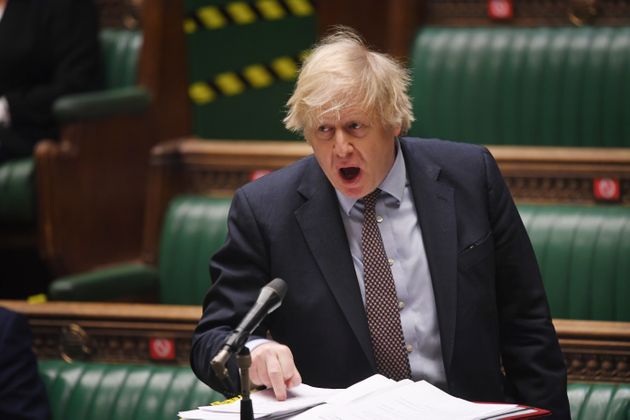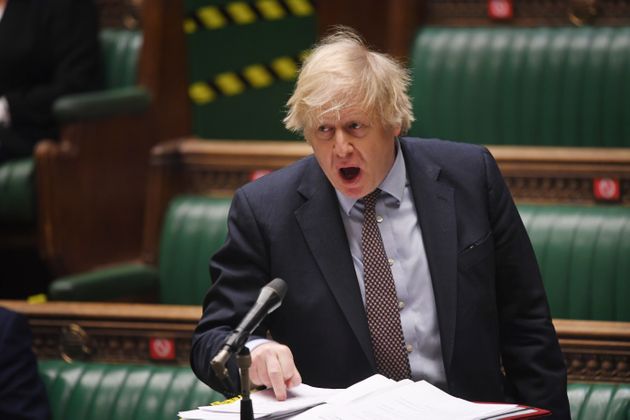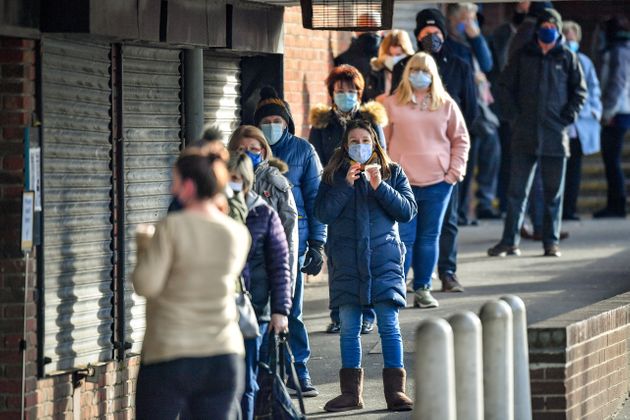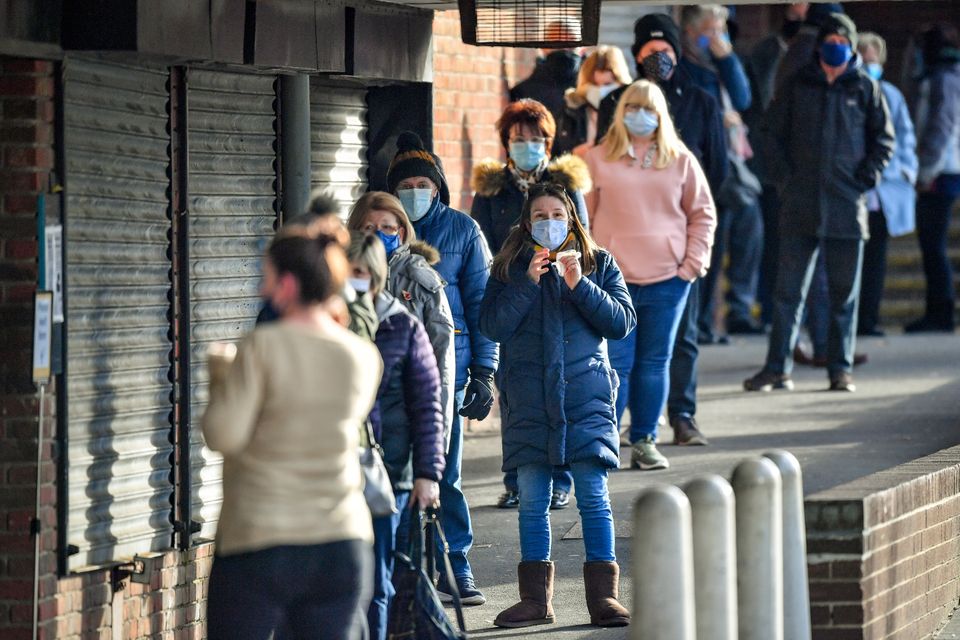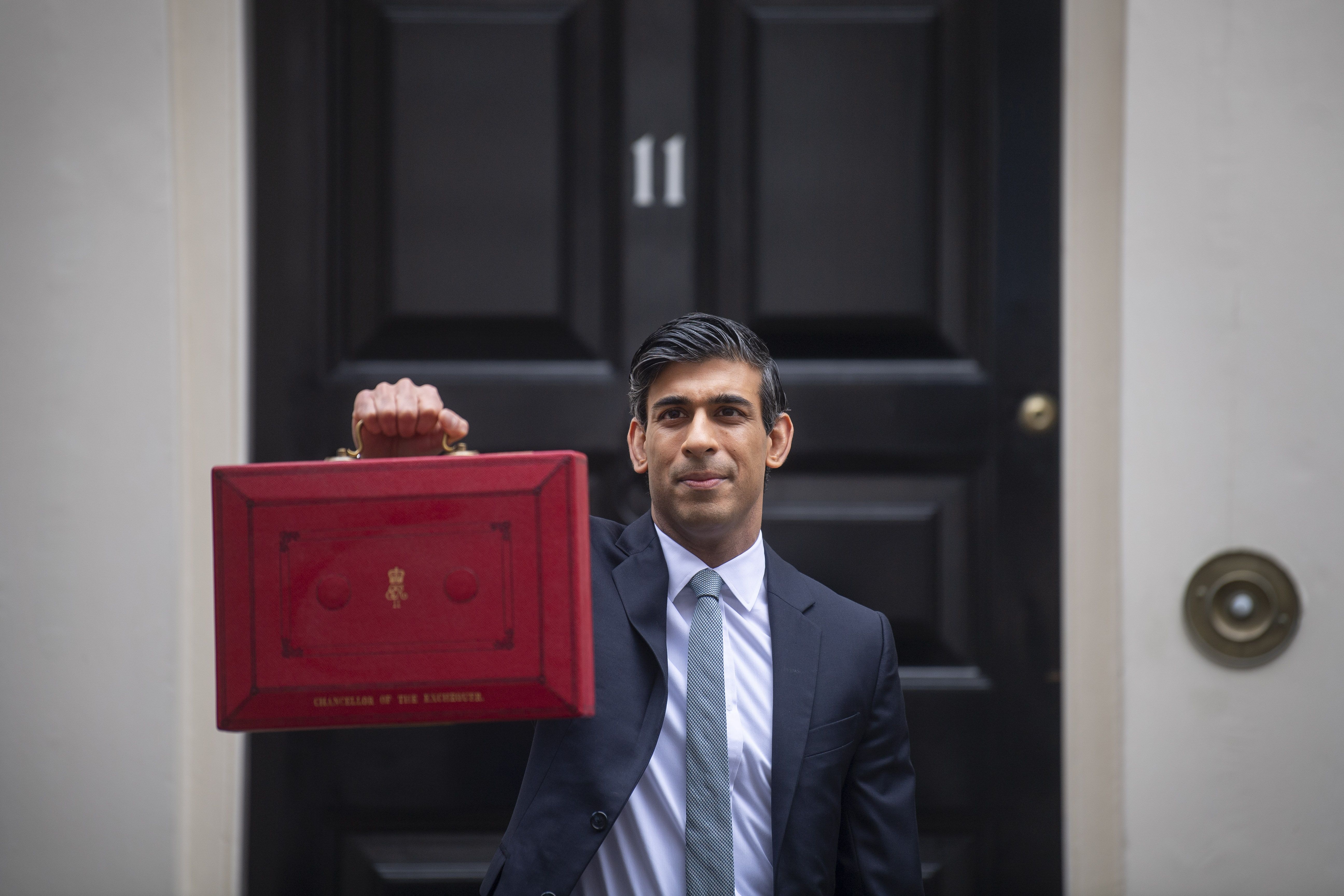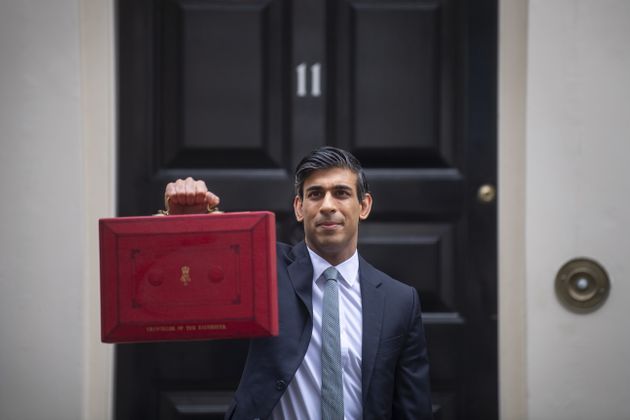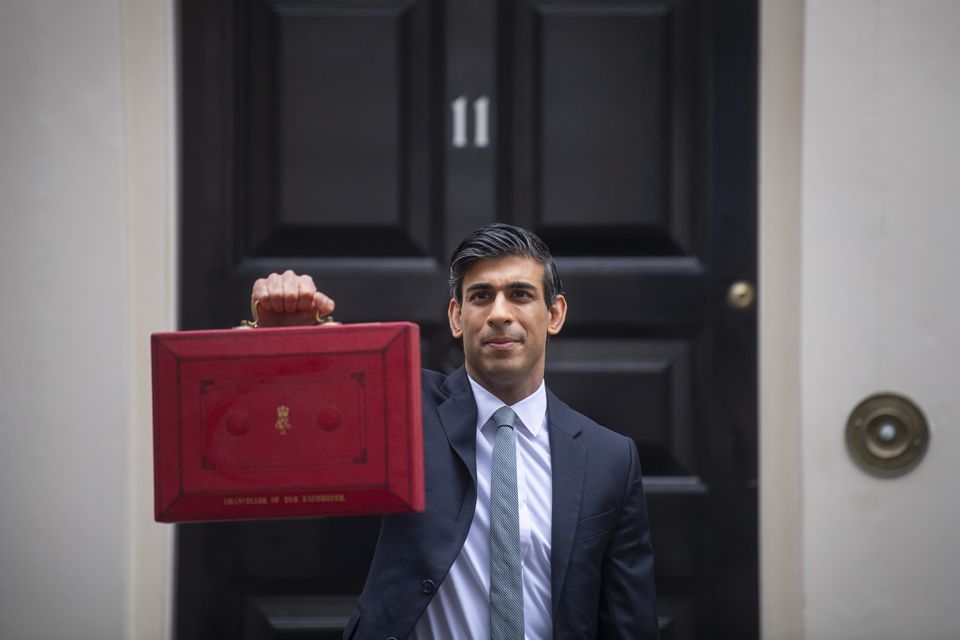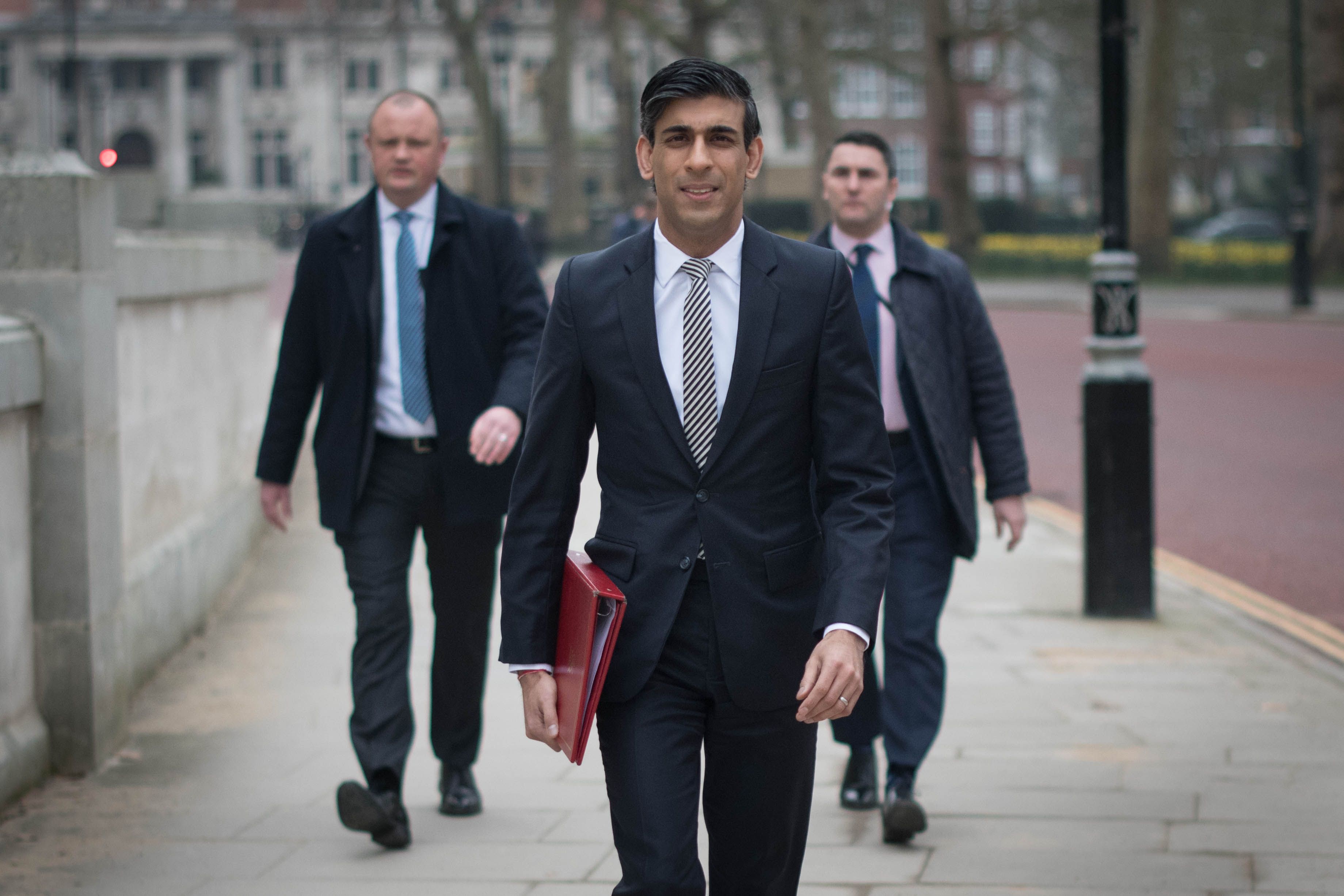
The government has been defeated again over the cladding scandal as peers backed a fresh bid to ensure flat owners do not have to pay for fire safety work.
The House of Lords passed an amendment to the fire safety bill proposed by the Lord Bishop of St Albans, Alan Smith, by 326 votes to 248, to ensure leaseholders do not have to pay for the removal of unsafe cladding from homes.
It sets up a fresh headache for Boris Johnson in the Commons, where Tory MPs are threatening to rebel over what they see as unfair costs being passed to homeowners to fix historic fire safety defects identified after the Grenfell Tower disaster.
Thousands of people living in flats cased in combustible cladding face huge bills after the Grenfell fire revealed major flaws in medium- and high-rise buildings’ fire-safety.
Housing secretary Robert Jenrick last month attempted to defuse the row by promising £3.5bn of cash to help homeowners.
But he was accused of “betrayal” of leaseholders as it was revealed the plans would force some leaseholders into taking out loans.
The money will only pay for the removal of cladding in buildings over 18 metres high.
People living in buildings below that height will have to take out loans, wiping thousands of pounds off the value of their homes.
Leading Tory rebel MP Stephen McPartland said the government defeat was “brilliant news”.
He told HuffPost UK: “The amendment protects leaseholders from paying for historic fire safety costs and retains the status quo in the Fire Safety Reform Order 2005.
“Leaseholders, action groups and supporters of the amendment do not want the taxpayer to pay – we want those responsible to pay, and only the government has the power to provide the funds up front and then levy those responsible to pay them back.
“The focus is now on to persuade the government to work with us and leaseholders to find a compromise that protects leaseholders from paying for historic fire safety costs.”
Smith told the Lords that ministers had not addressed the “severe adverse financial consequences that this bill will create for leaseholders”, and that ministers were “morally wrong in their treatment of leaseholders in this crisis”.
He said freeholders would be able to force leaseholders to reimburse “staggering” costs for fire safety work that need to be carried out through no fault of their own.
The bishop told the Lords: “Far from the government’s estimated remedial costs of around £9,000 per leaseholder depending on the terms of the lease and the work involved, a leaseholder could very easily be handed a bill of £50,000 payable within weeks.”
Citing a survey by Inside Housing, he said many of those affected are already seeking bankruptcy options.
“How can this be fair? How can this be just?” he said.
“It’s not the leaseholders who sold defective cladding.
“It was not leaseholders who fitted defective cladding.
“Leaseholders are the innocent party – they purchased their properties in good faith, believing them to be safe.
“And if this bill passes unamended, it is they who will pay.
“Not the cladding providers, not the developers, but hardworking ordinary people, forced to pay for defects that were deemed safe when they purchased their apartments.”
He added: “By not including sufficient provision to protect leaseholders, a conscious decision would be made to impose poverty, possibly bankruptcy, and certainly misery on thousands of ordinary people – people whose only crime was being aspirational.
“Those responsible should be the ones who pay.”
Labour housing spokesperson Lord Kennedy of Southwark, who backed the amendment, said: “The leaseholders are victims and have done nothing wrong.
“They deserve to be treated much better than they have been by the government.
“They have done everything right, they have bought their property and are paying their mortgage and are being penalised for the failure of others.
“Surely that cannot be right.
“The fact that their building has been covered in dangerous cladding has made their flats worthless – they cannot sell them but they are still expected to pay their mortgage and other charges.”
The bill will now return to the Commons for further consideration in another round of parliamentary ping-pong.








